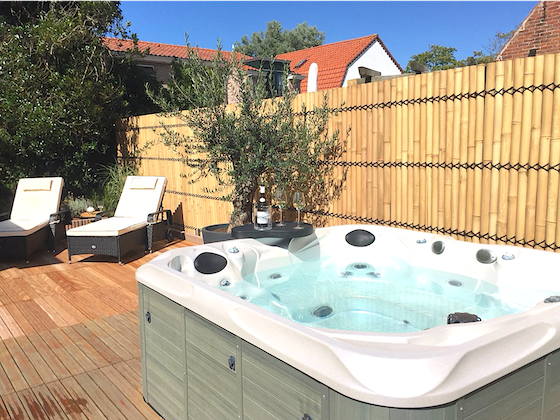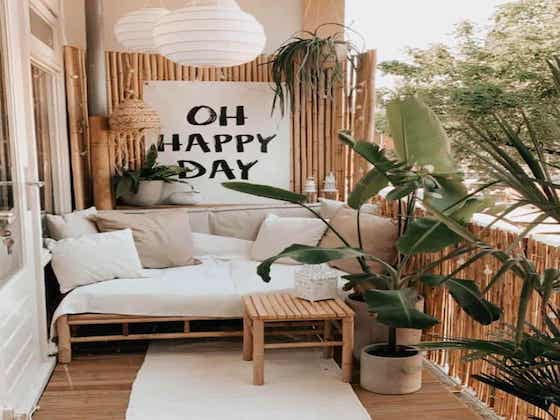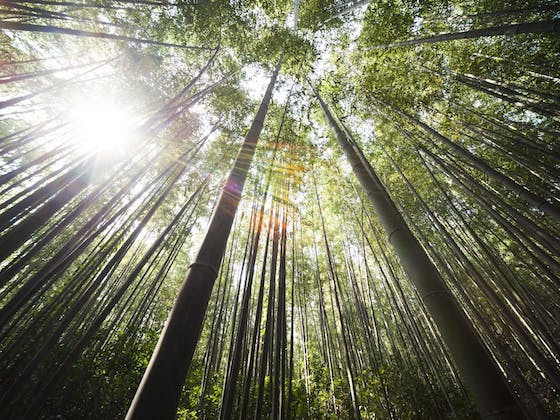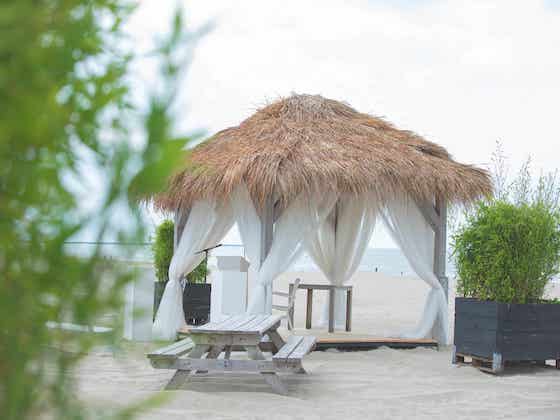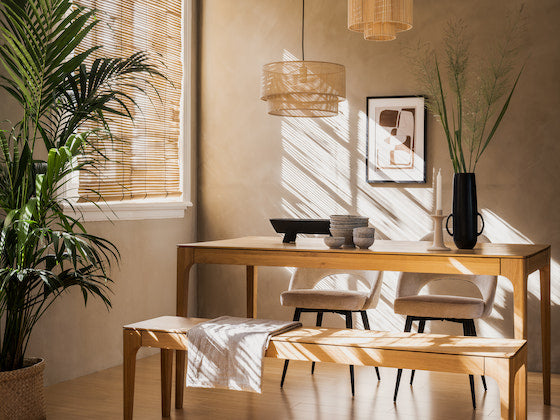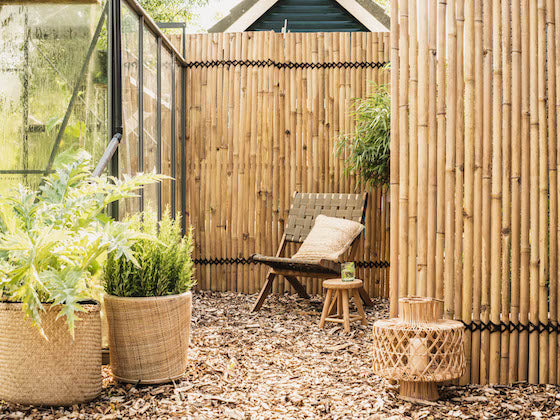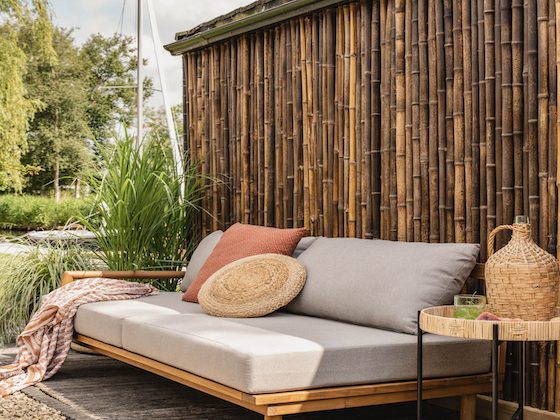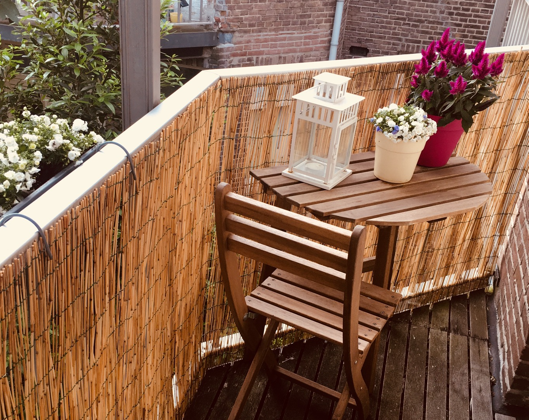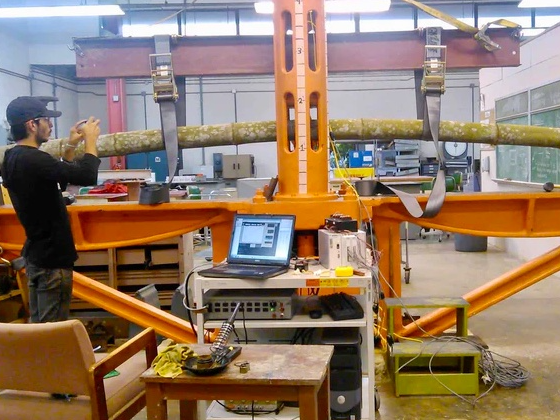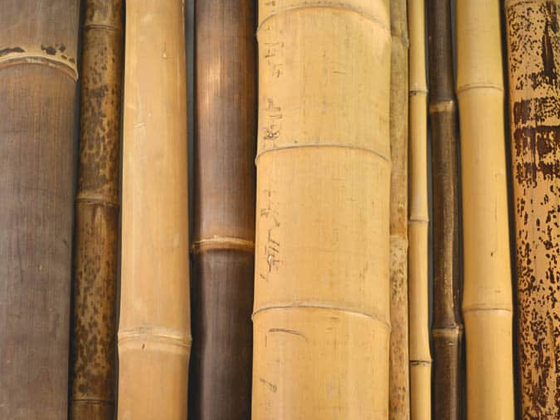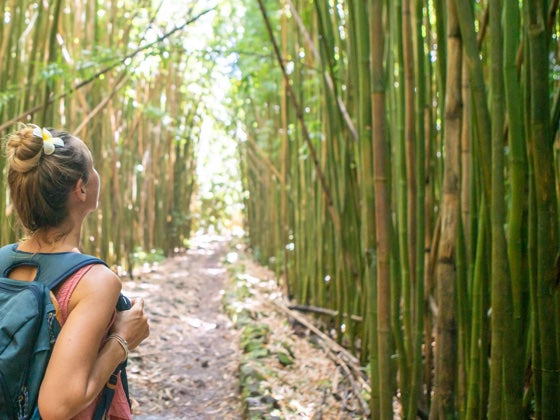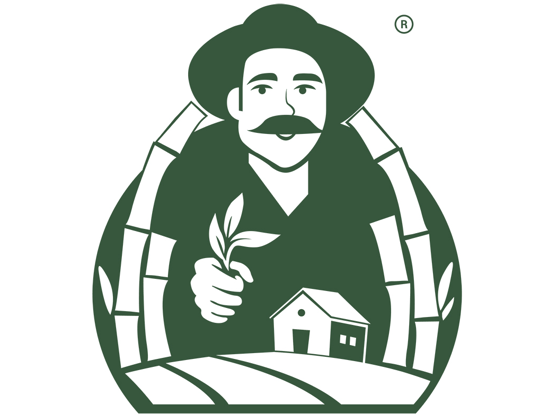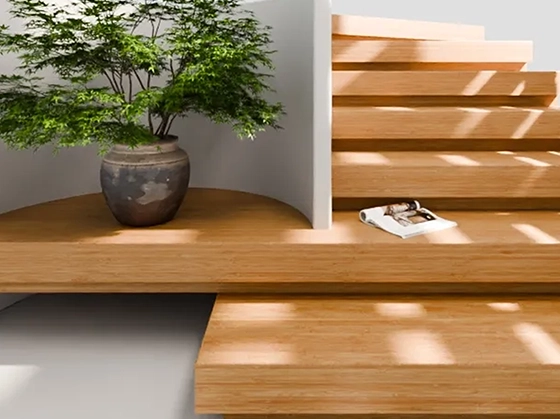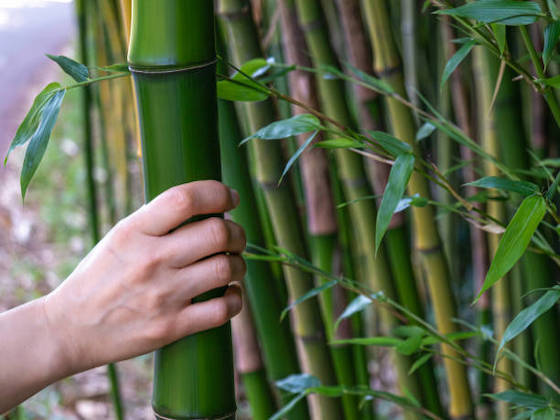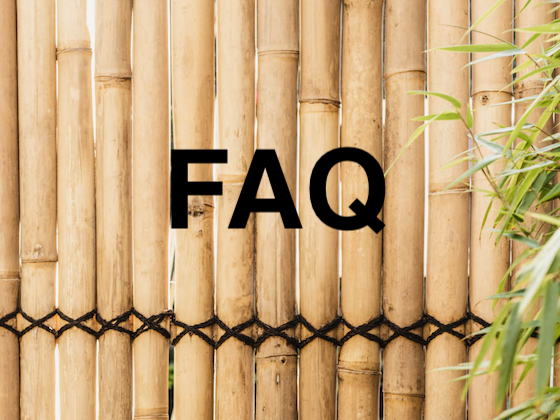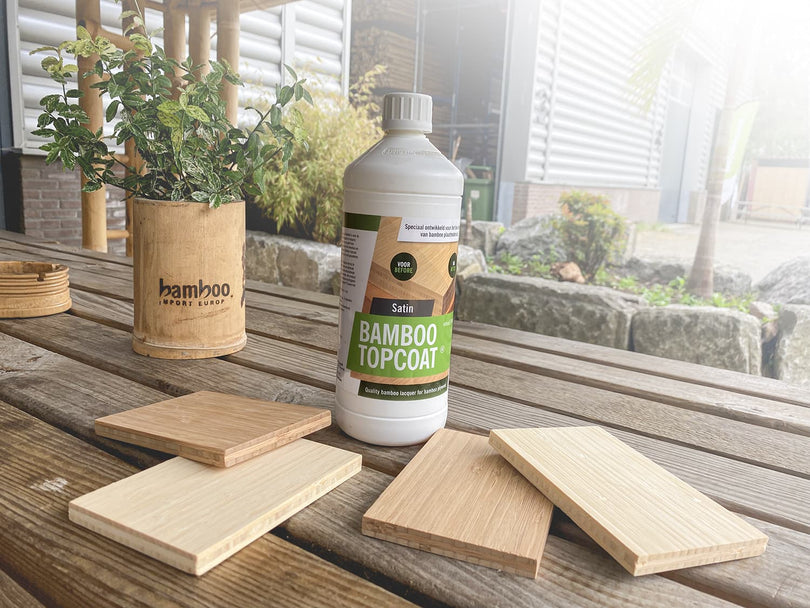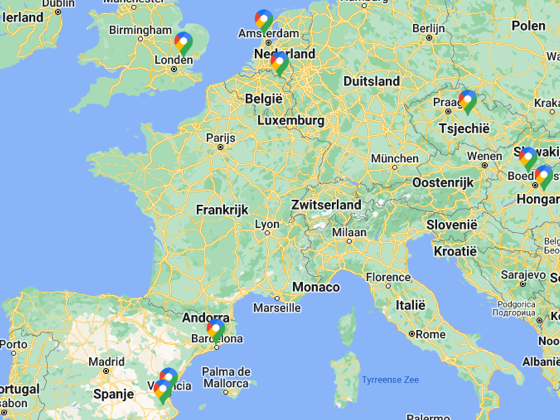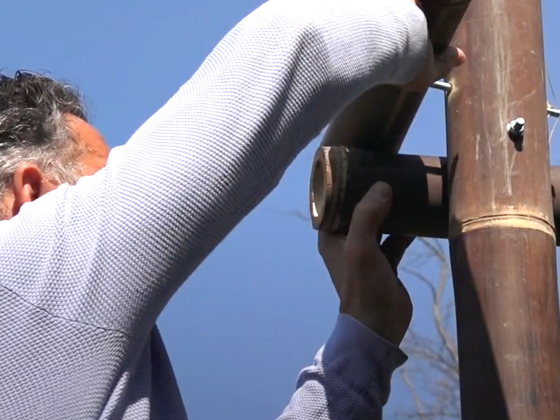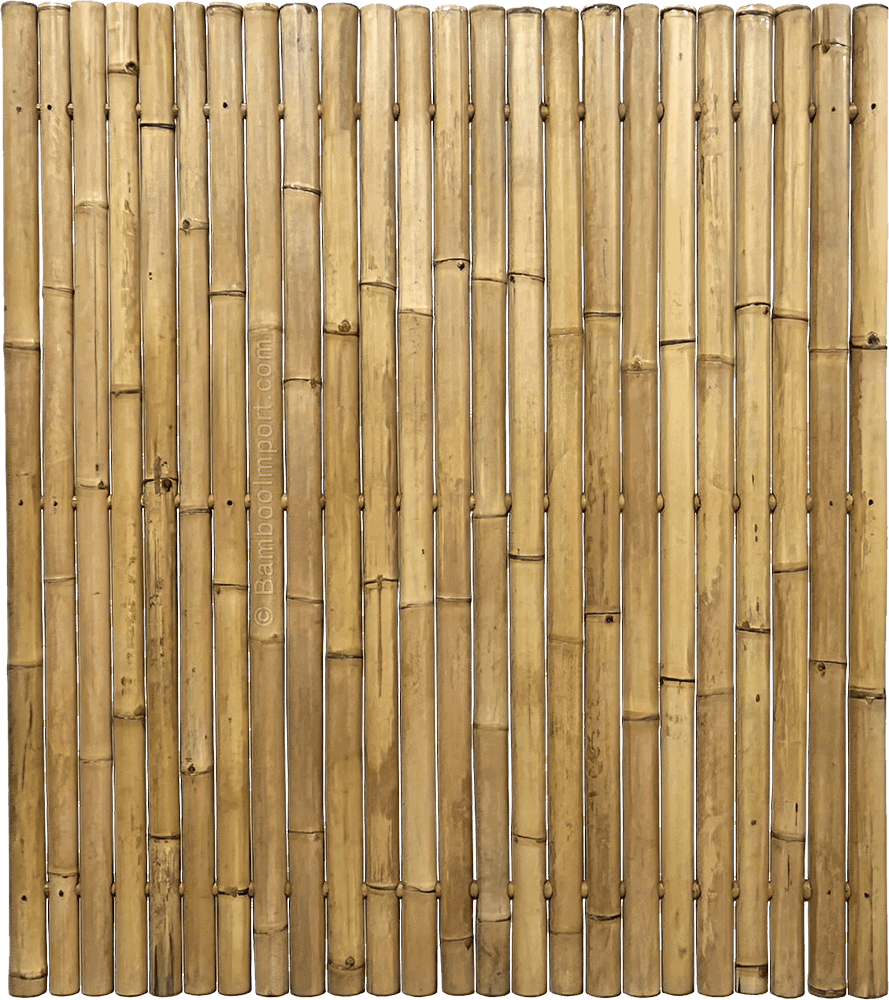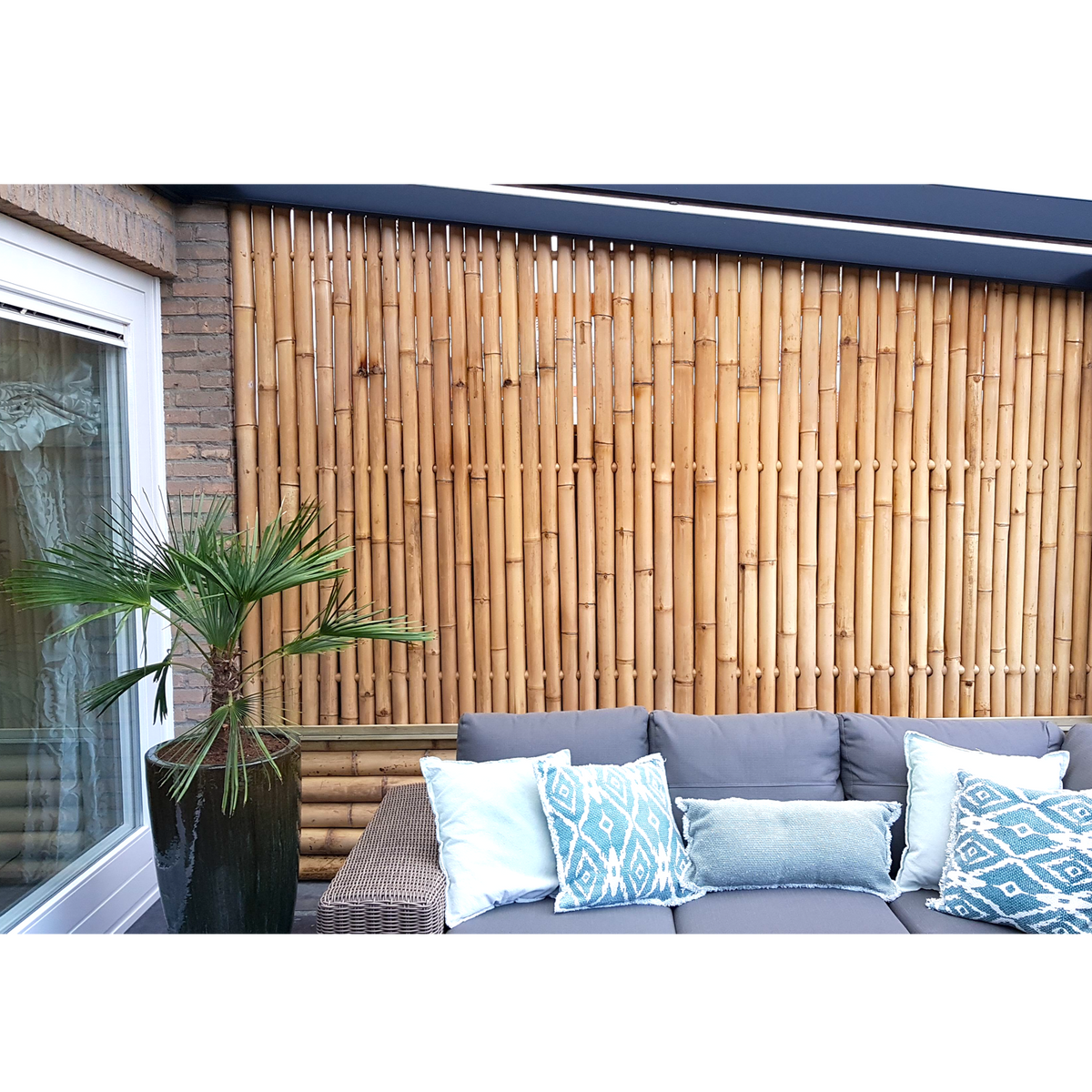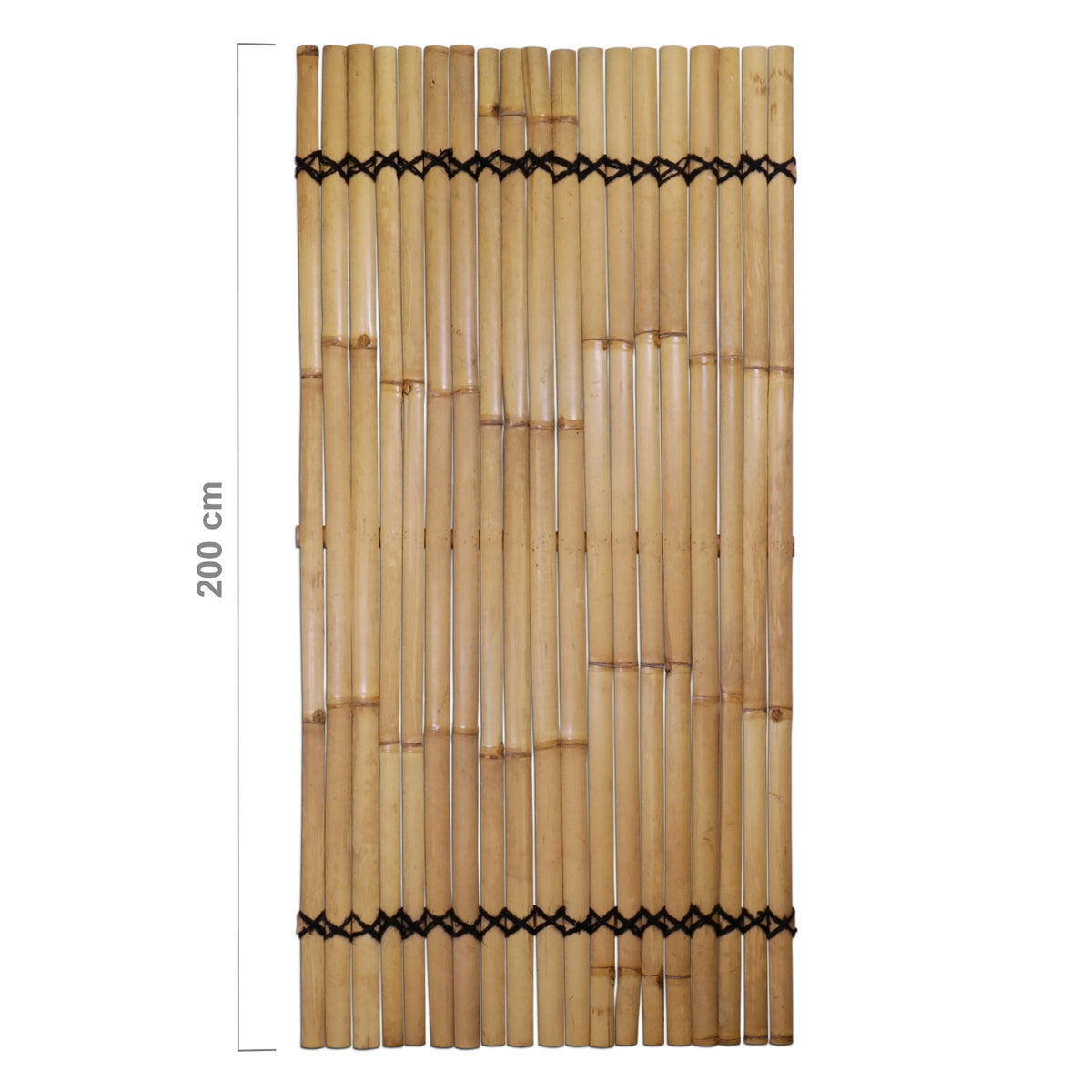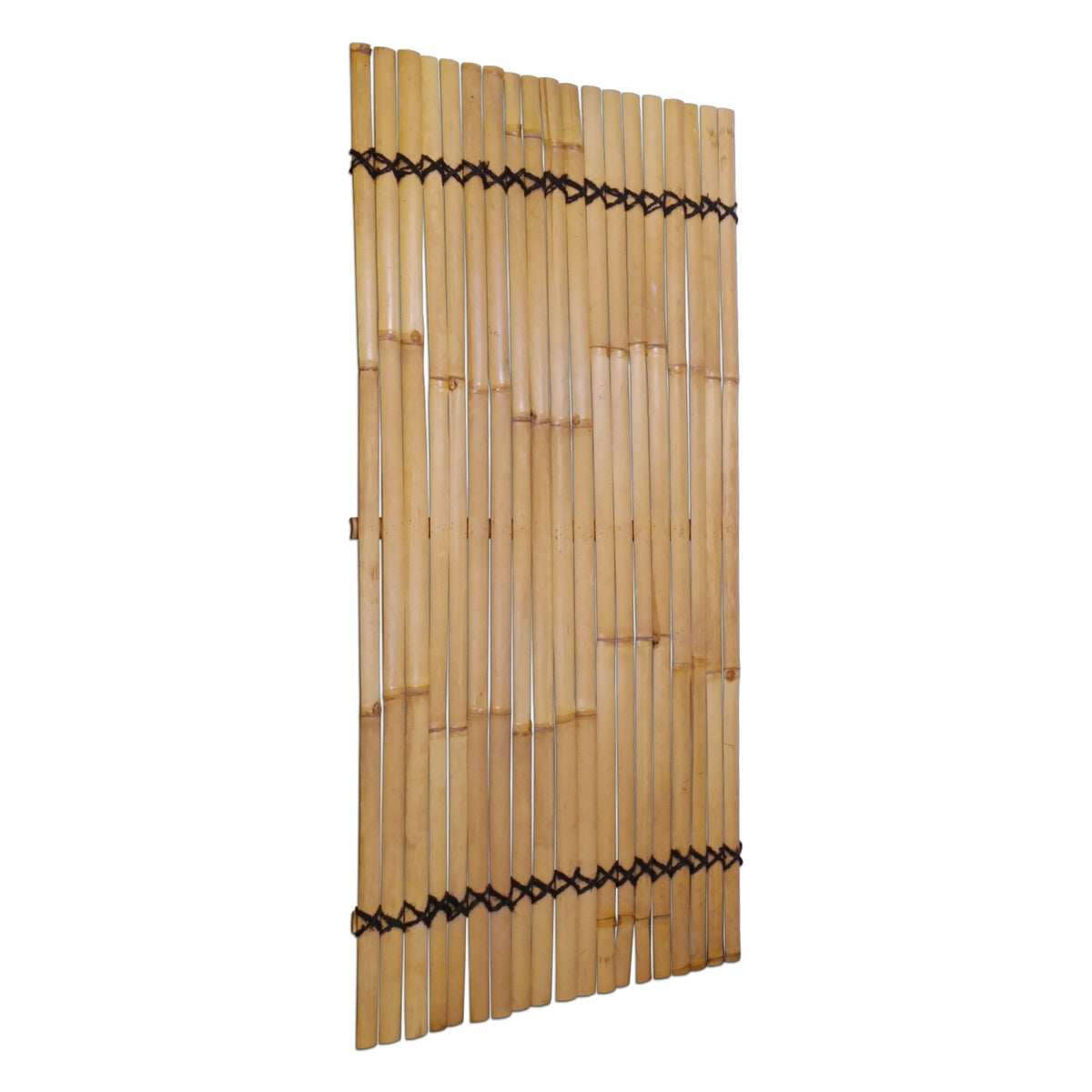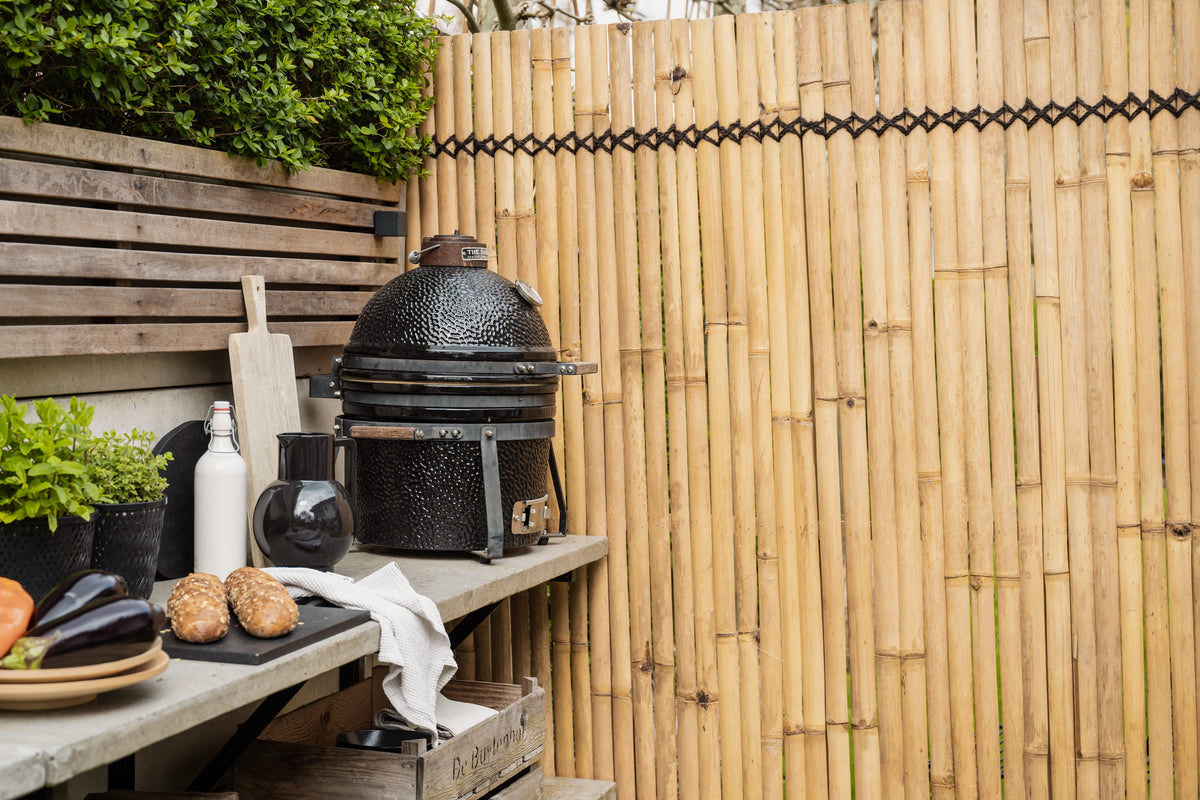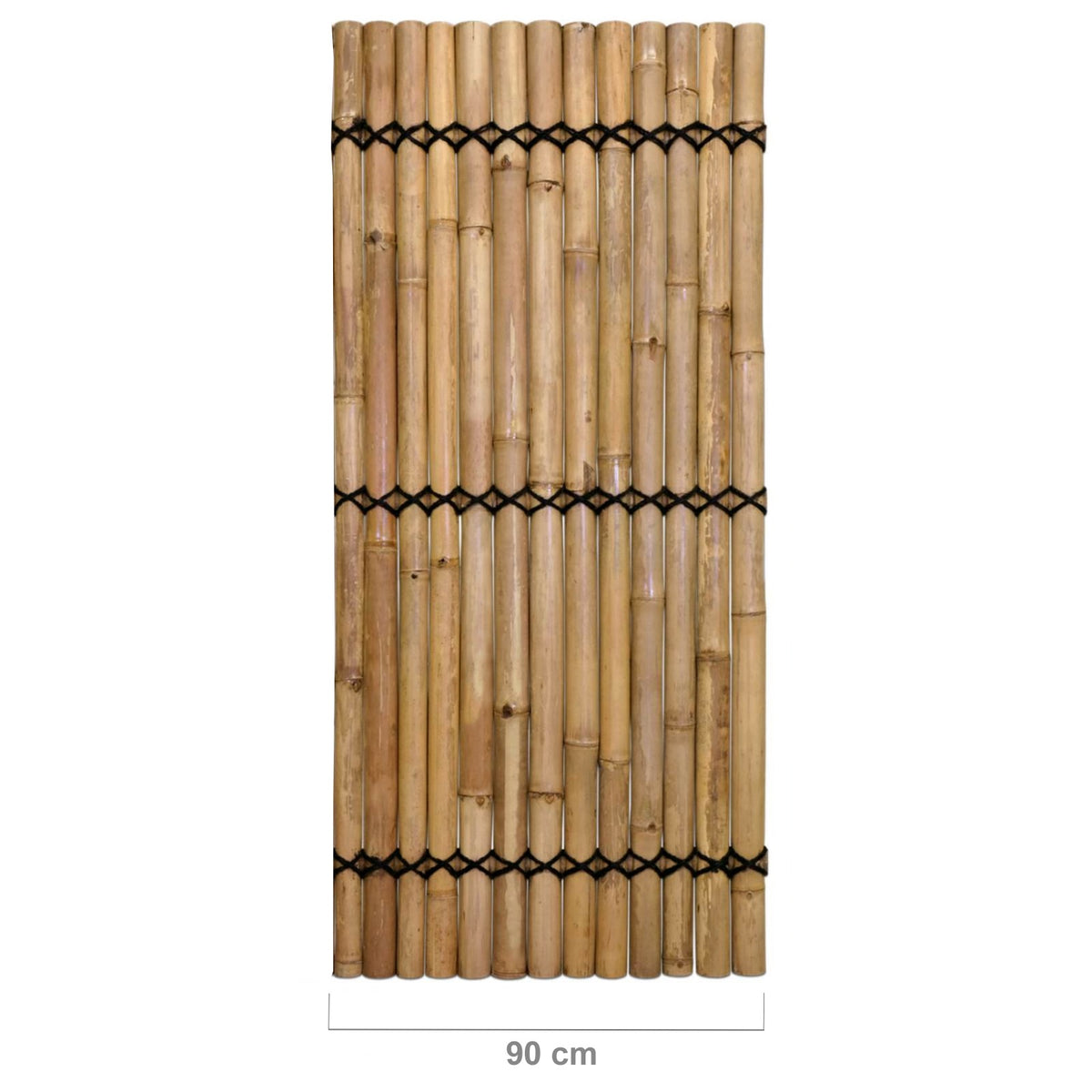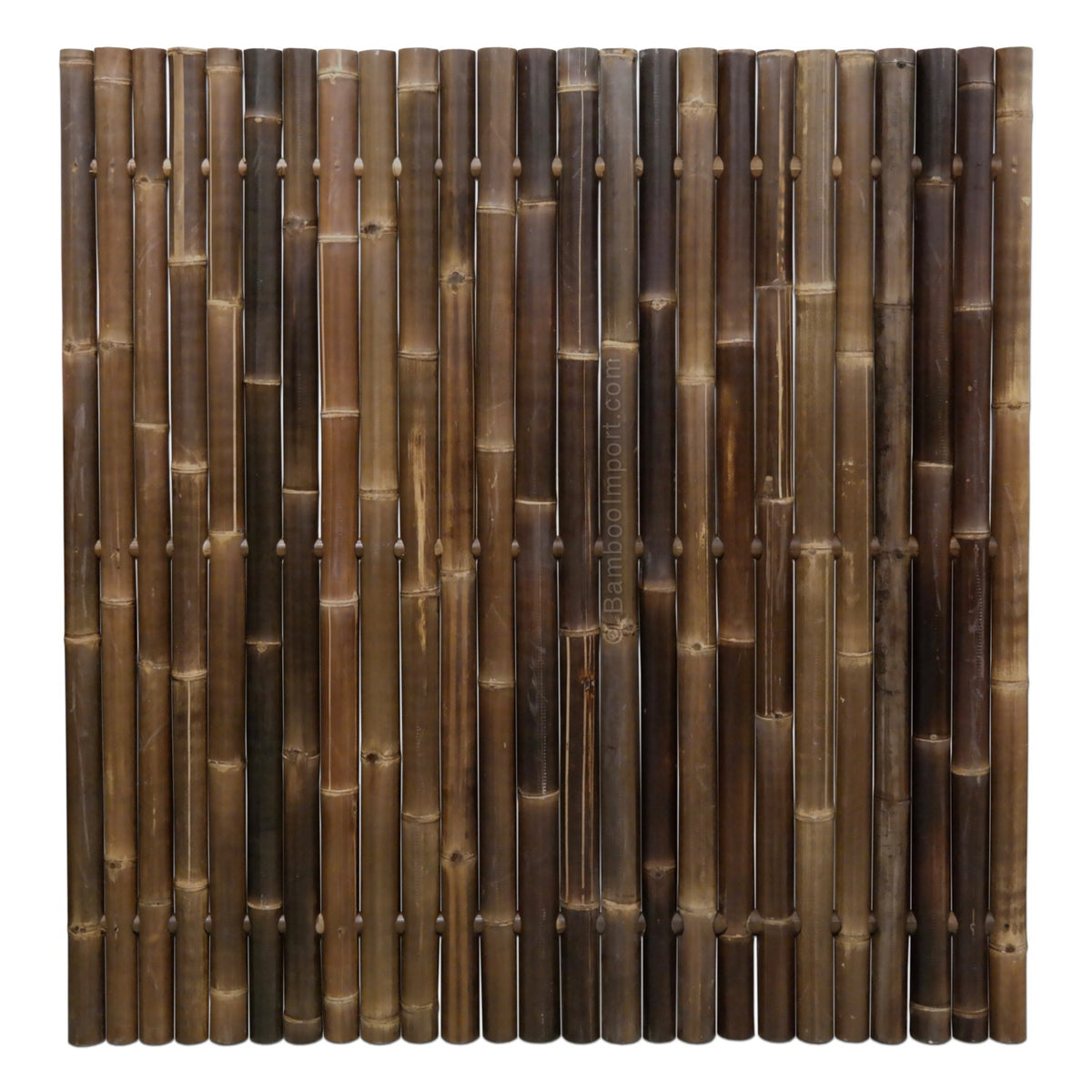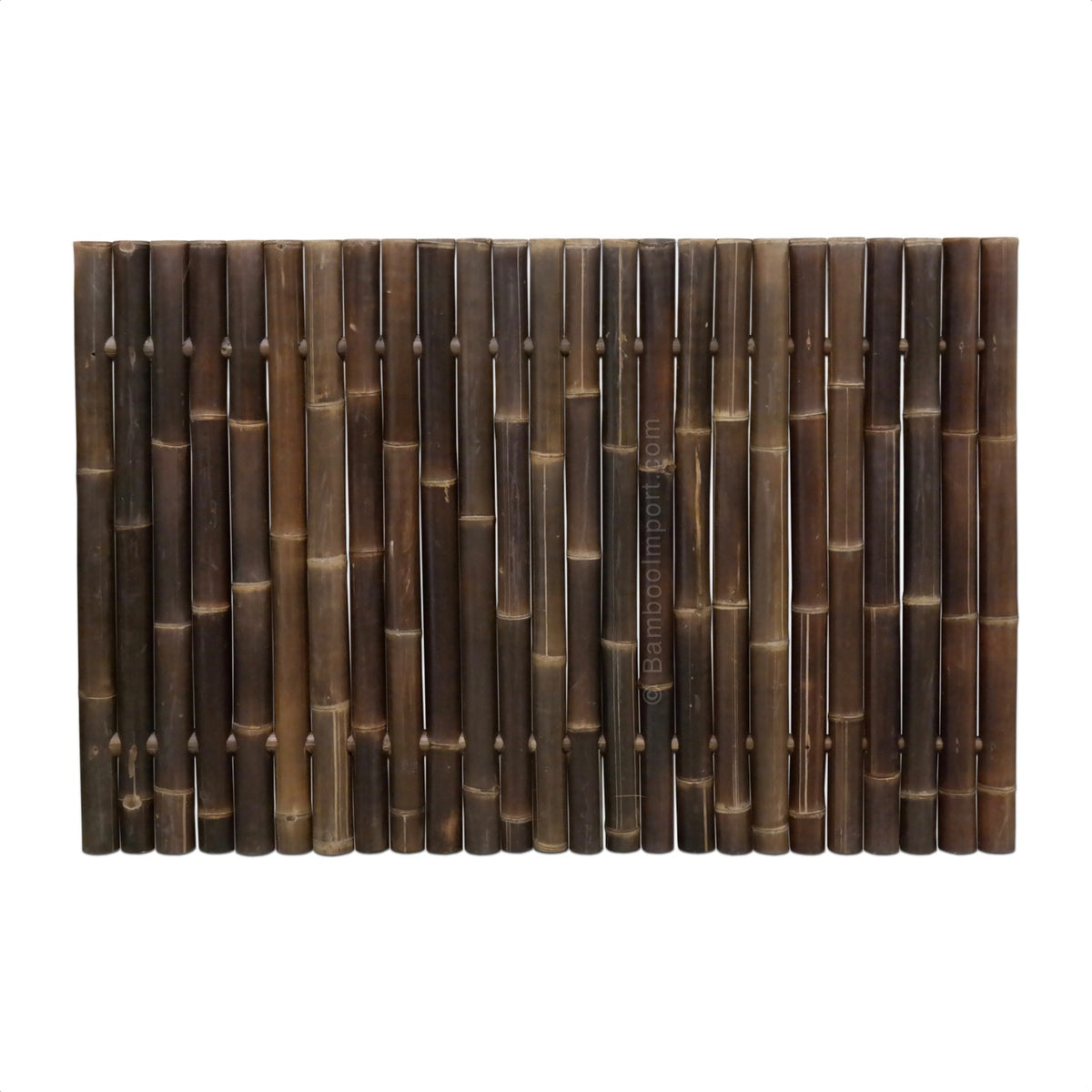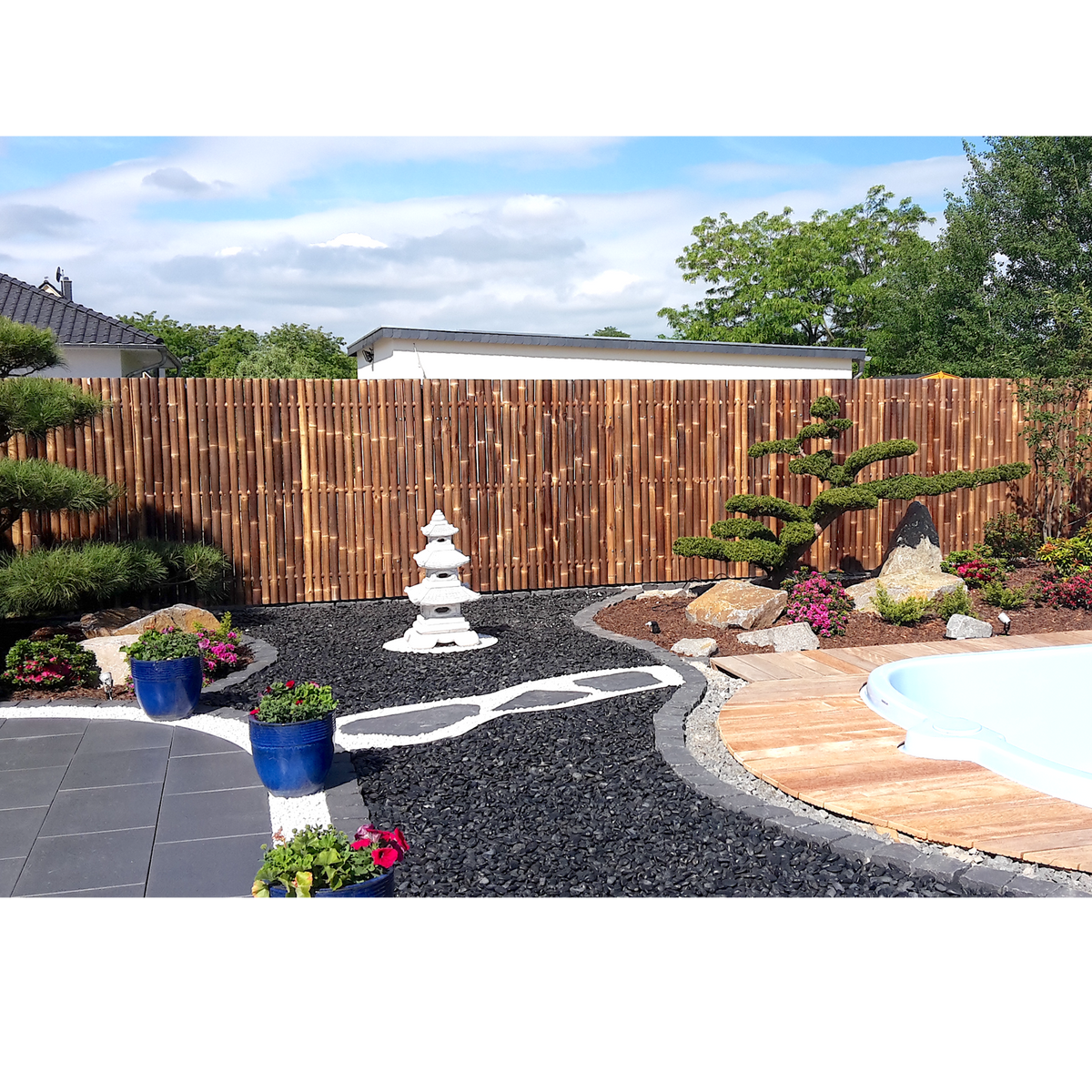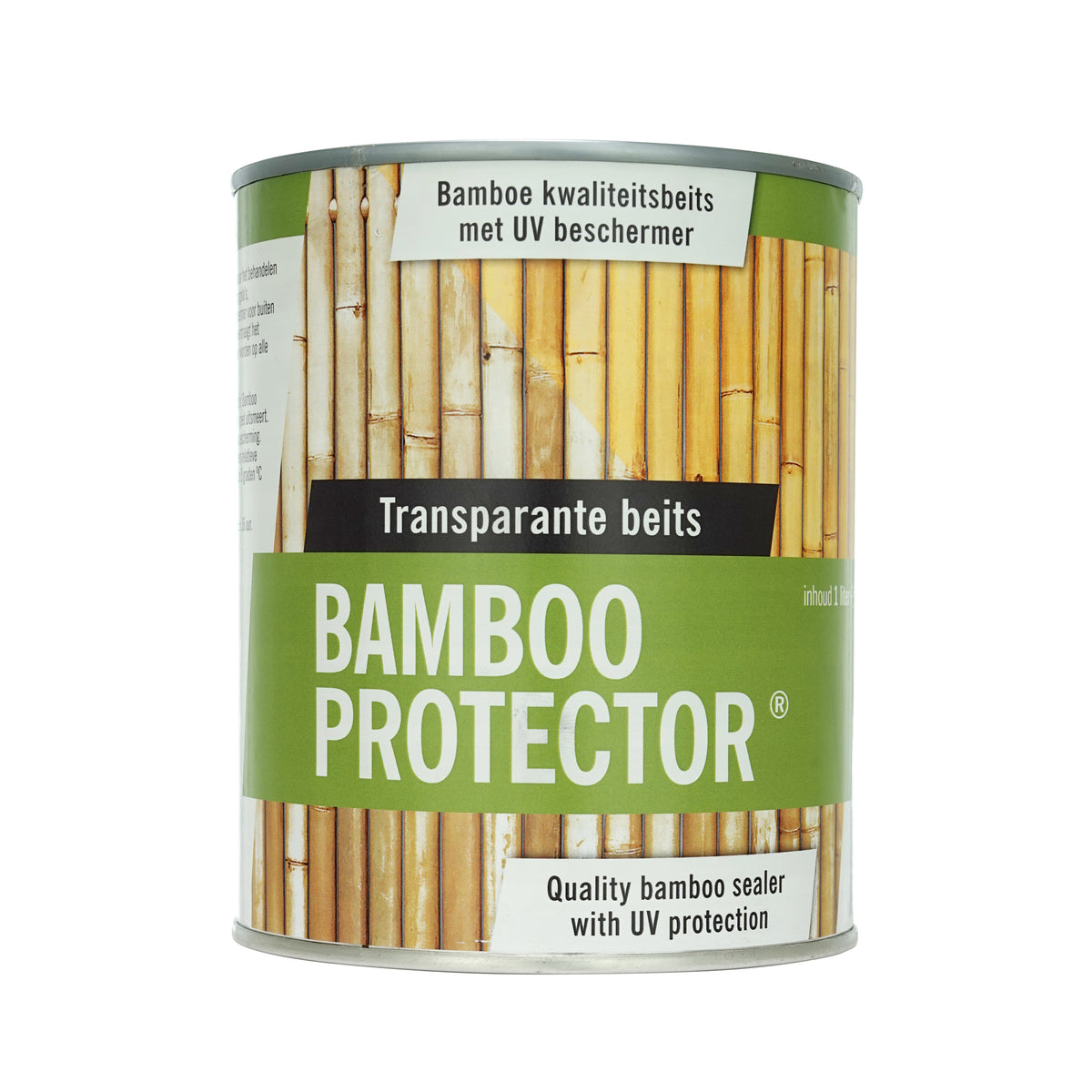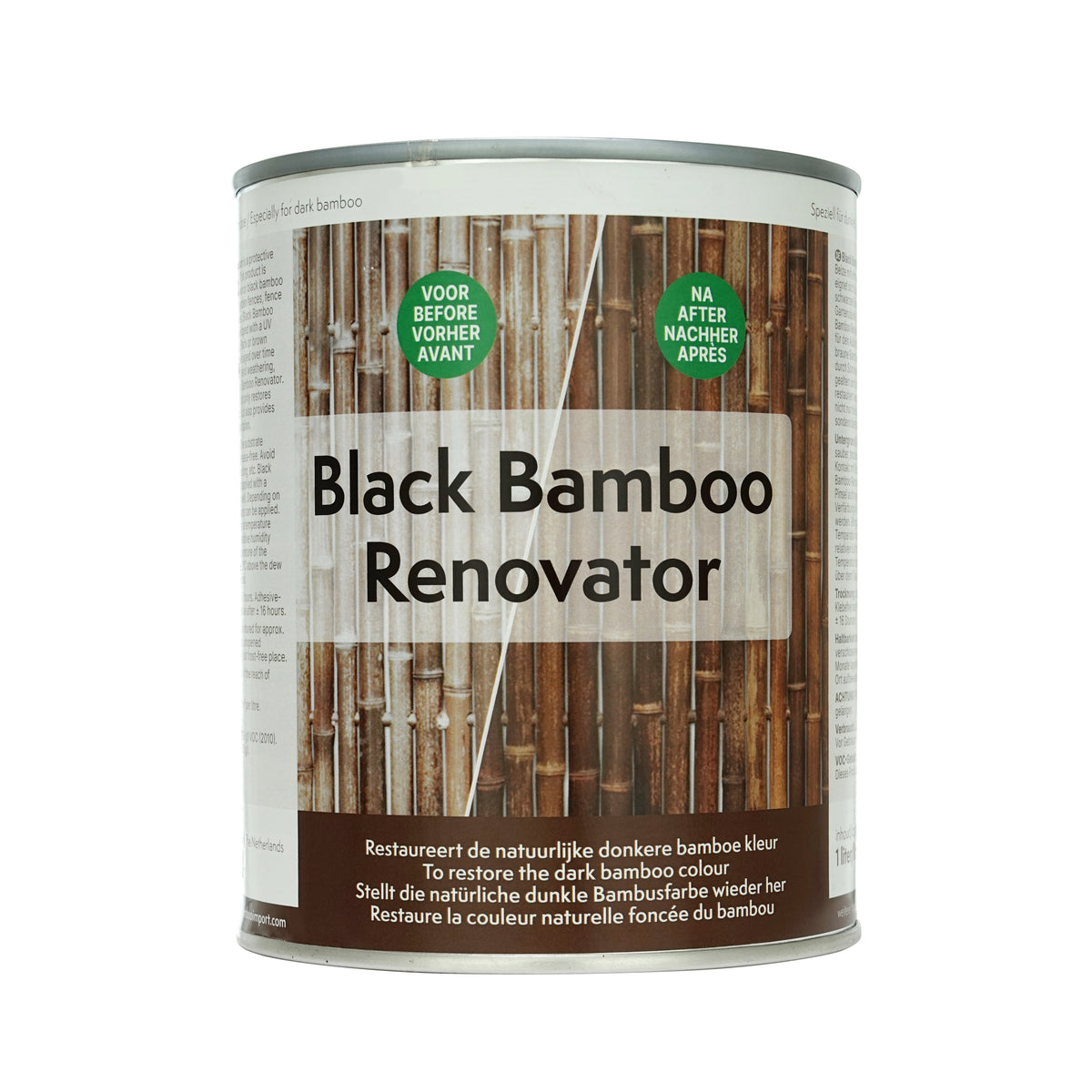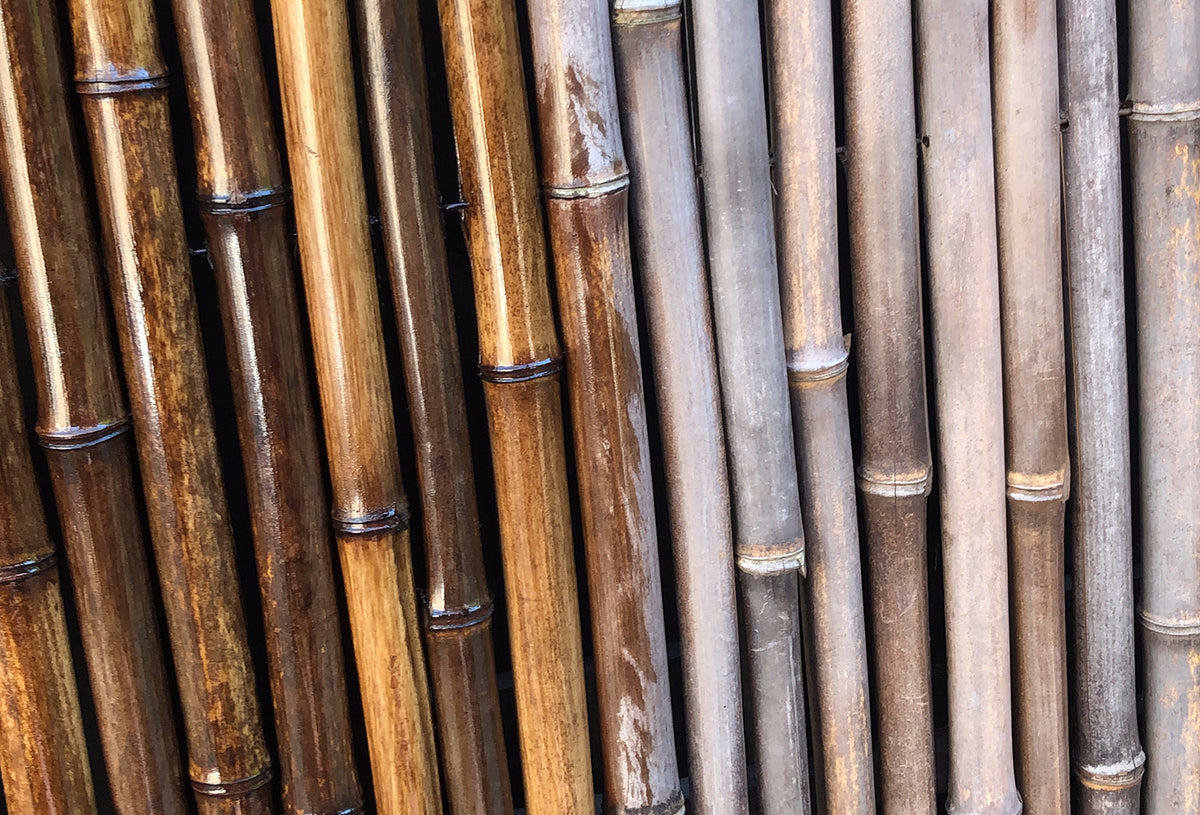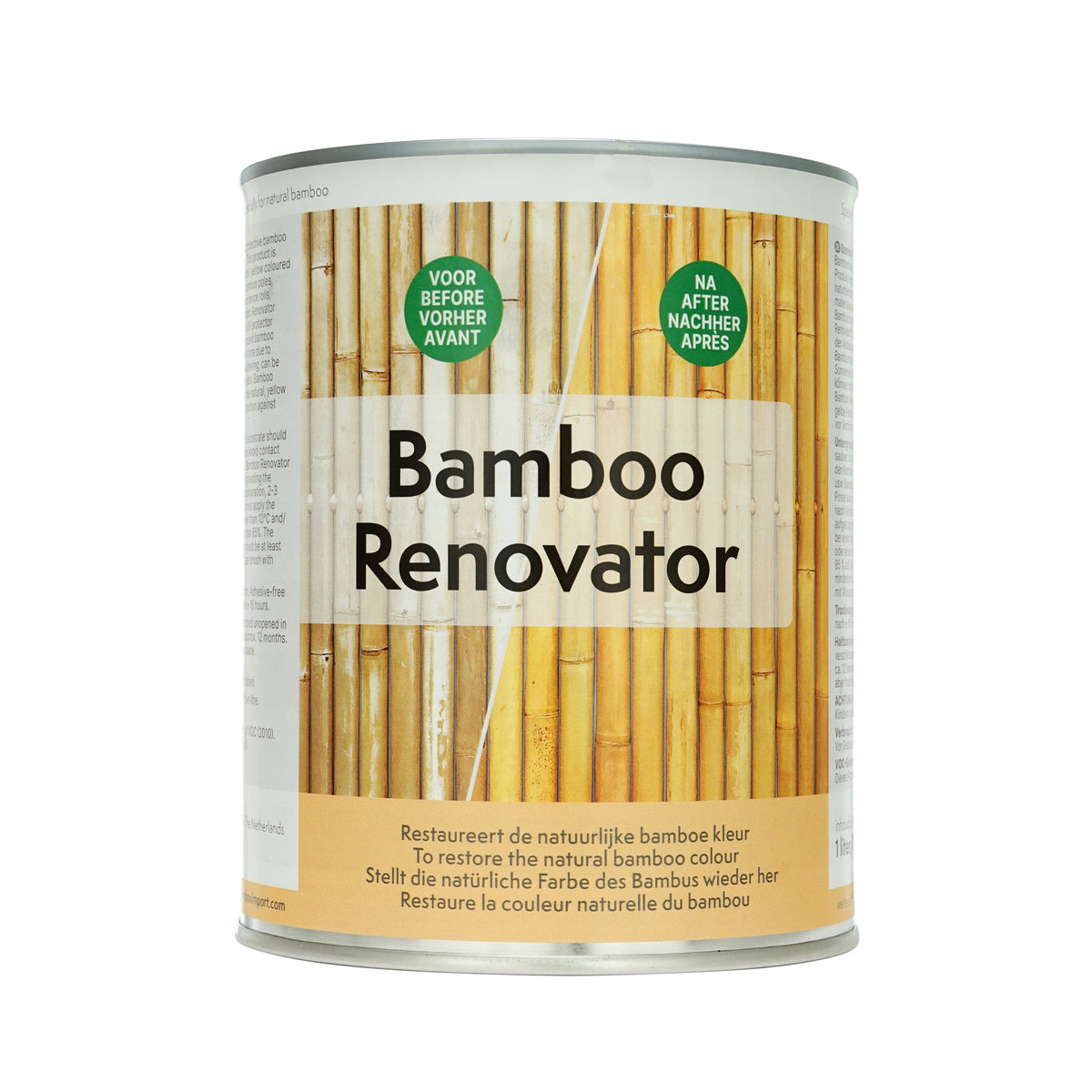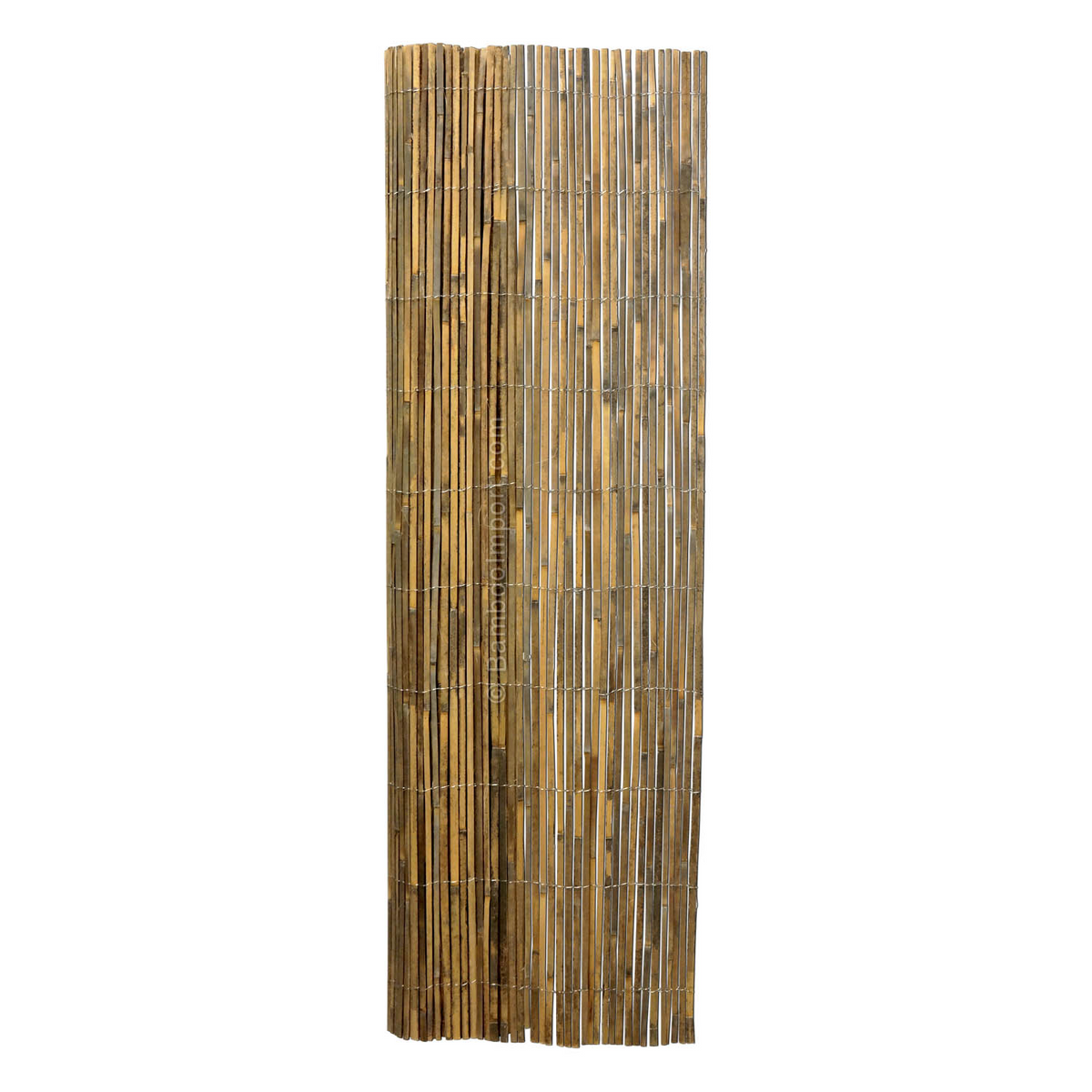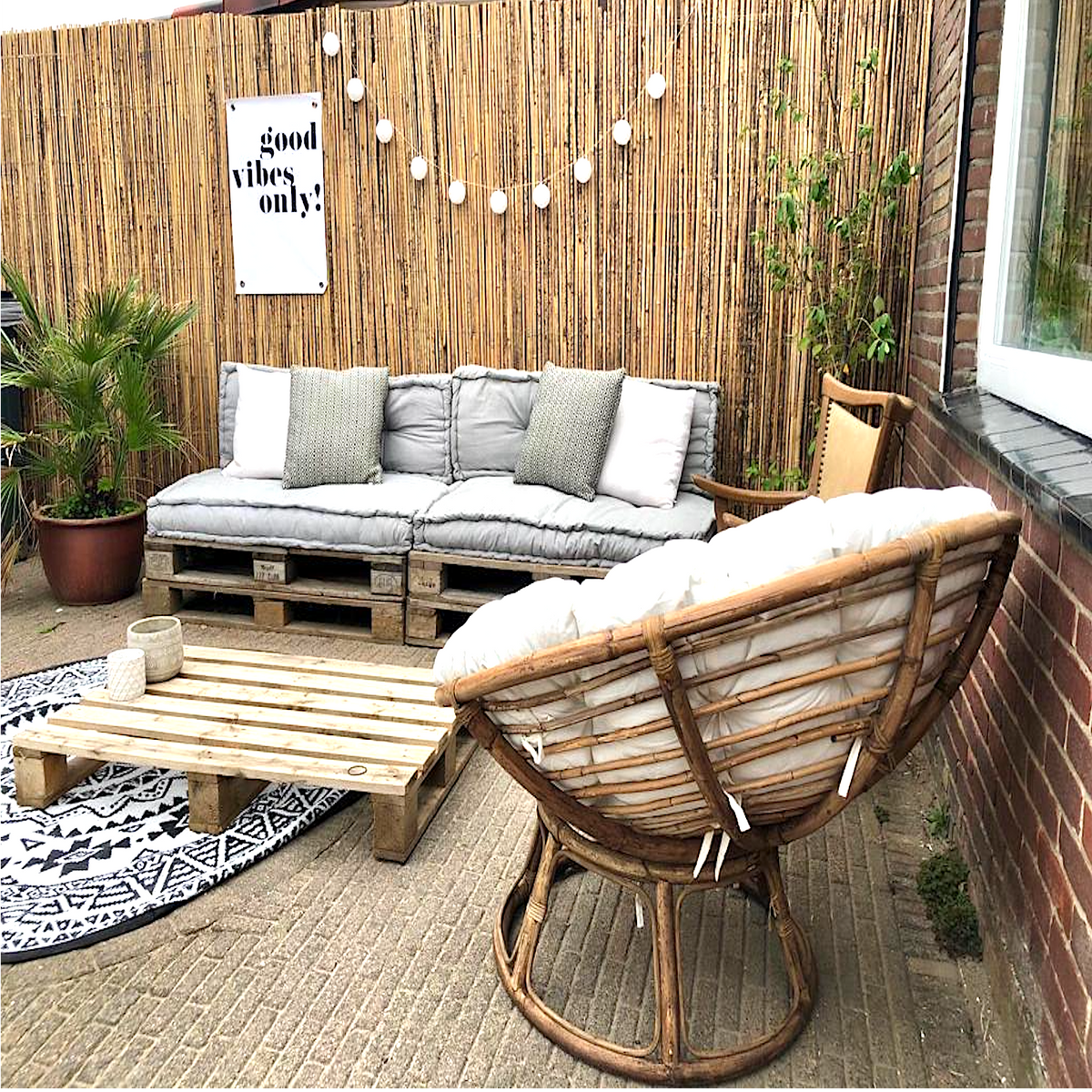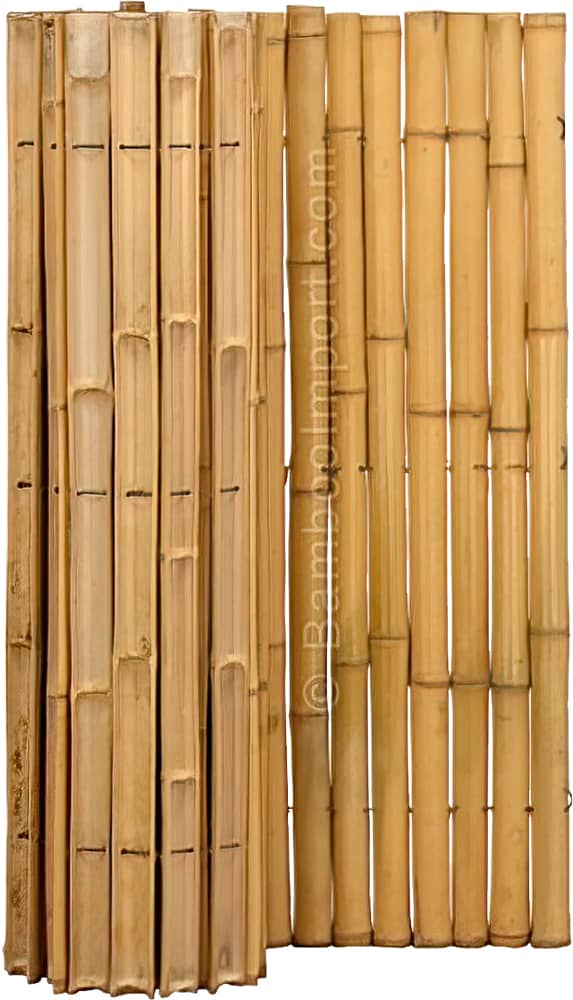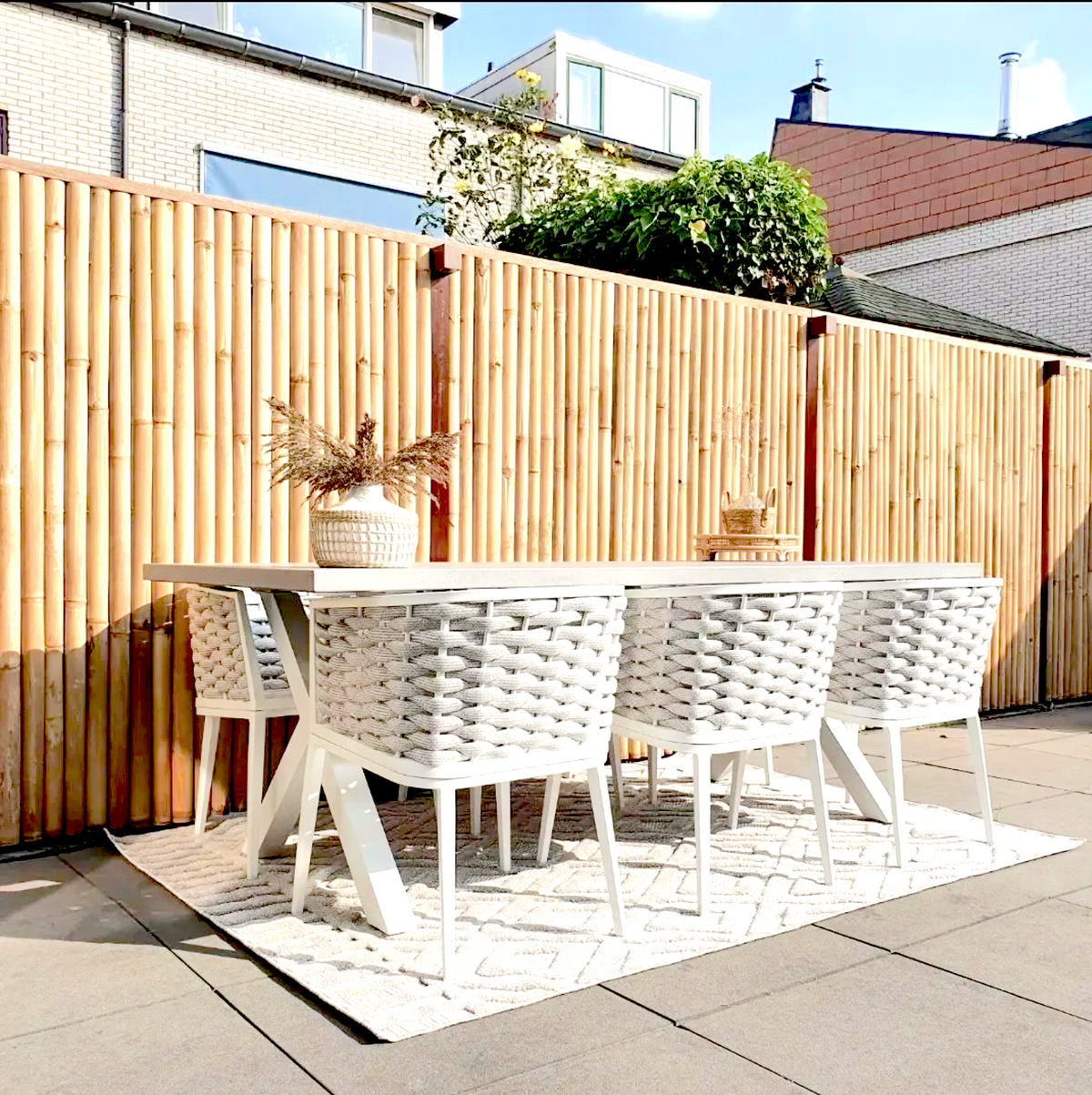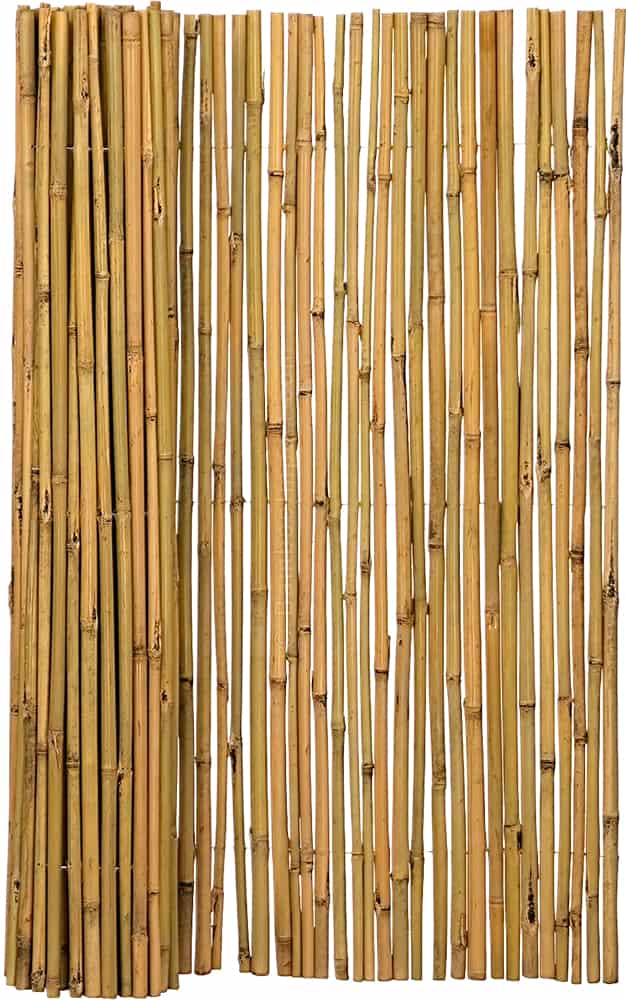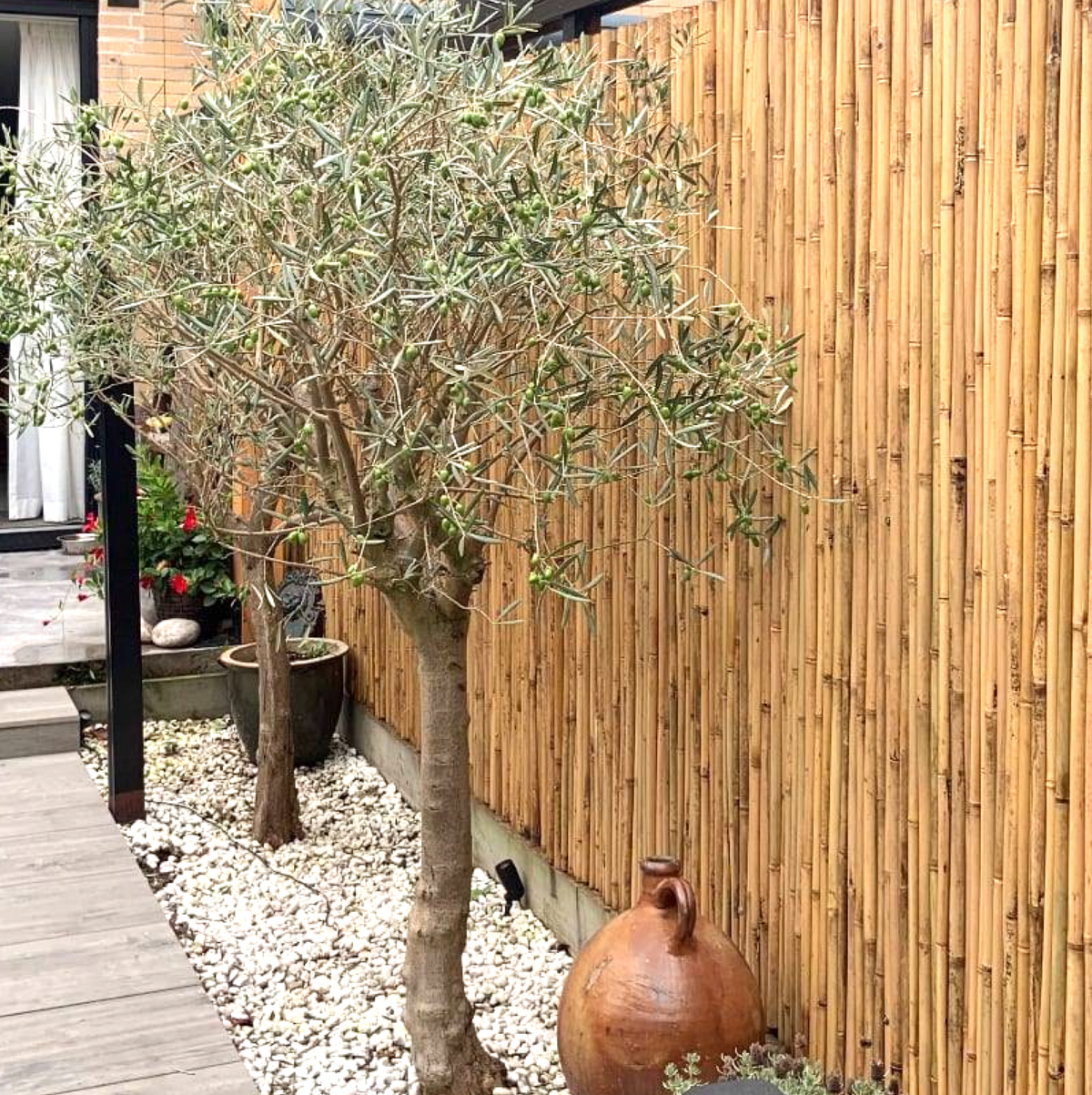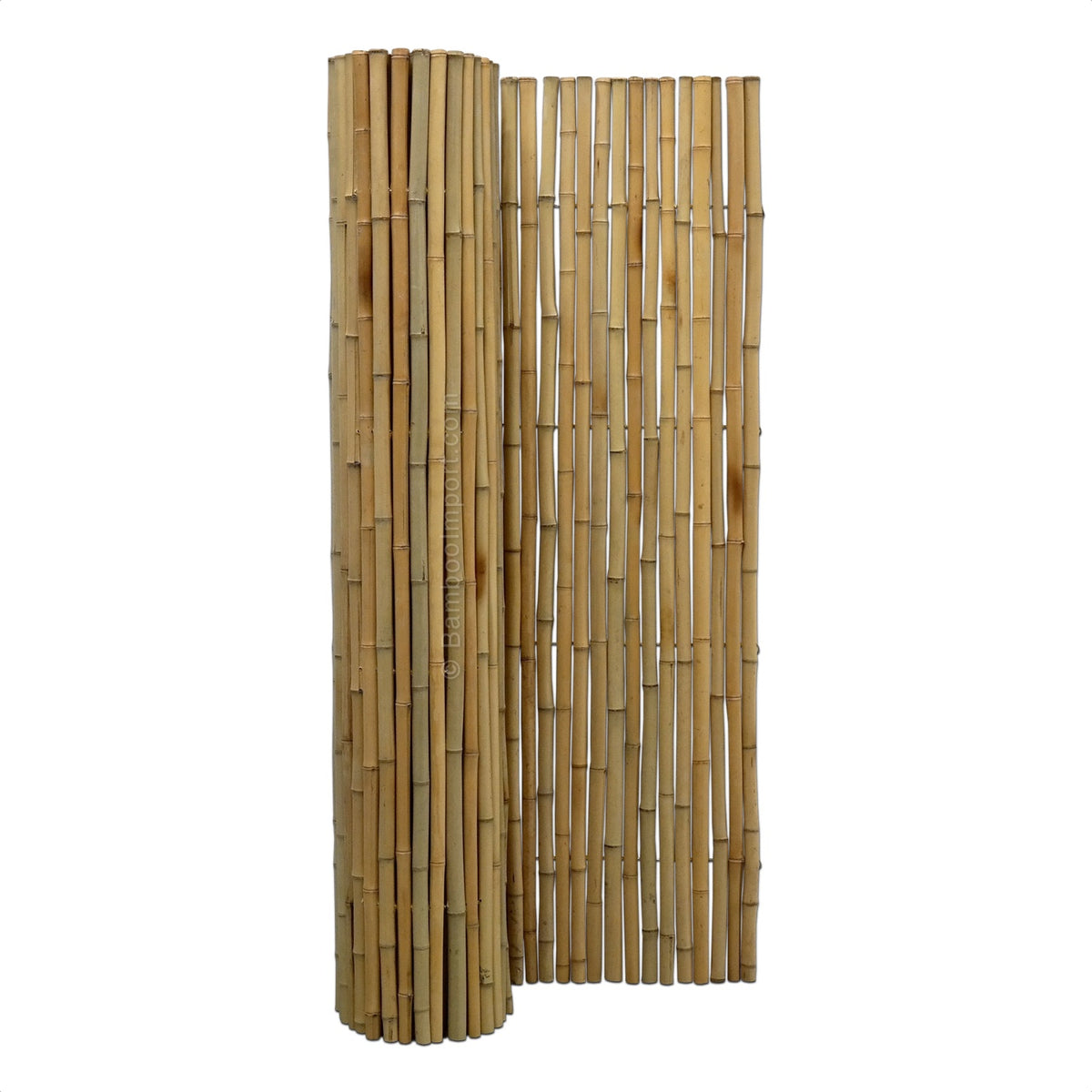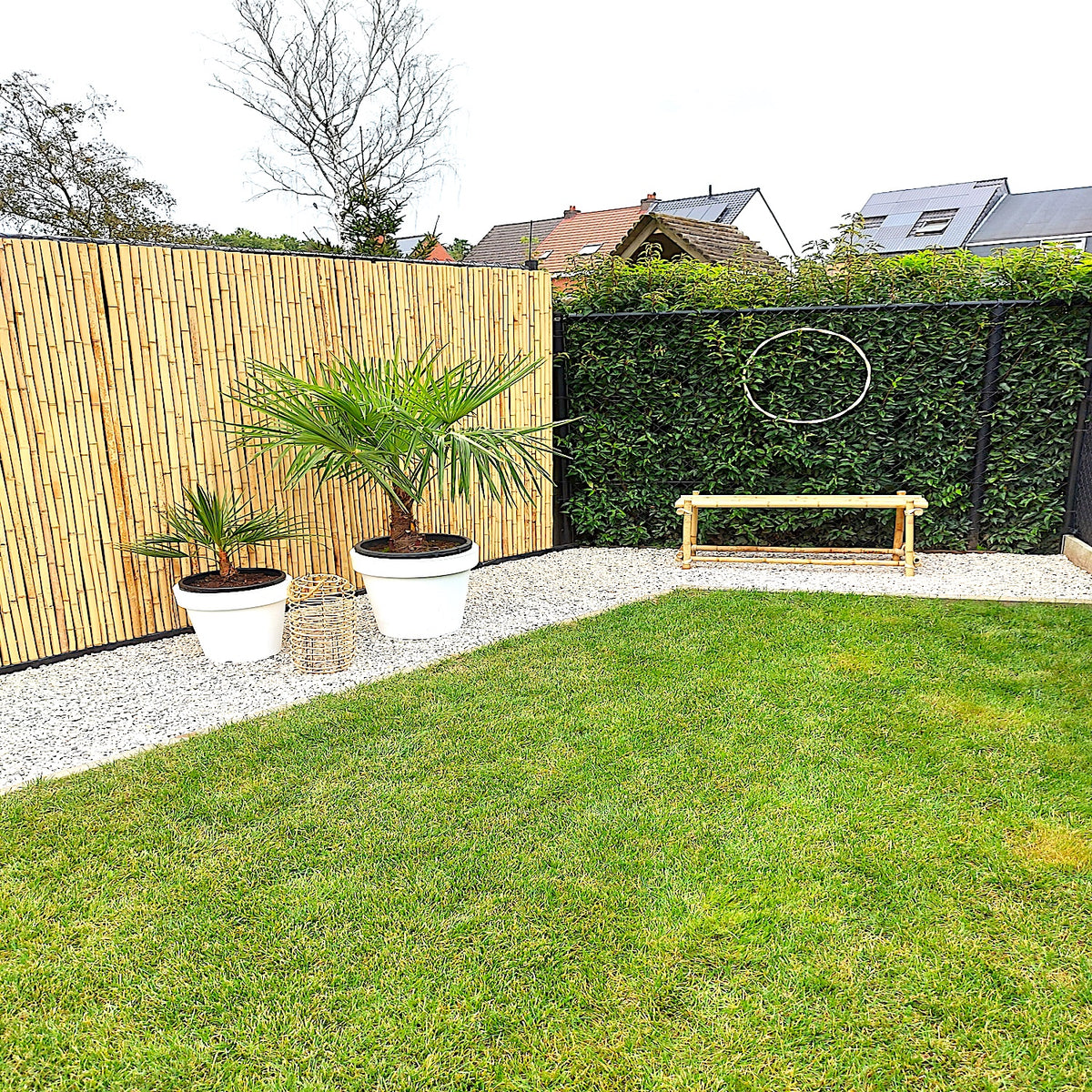Bamboo has grown in popularity in recent decades as a sustainable building material. In addition to applications in construction and furniture, it is increasingly being used in the garden, particularly for fences and mats. This article dives deep into the scientific benefits of bamboo, both ecologically and practically. We discuss the durability, strength and environmental benefits of bamboo screens and their applications, including bamboo fences and bamboo mats.

Bamboo fence: Strong and environmentally friendly.
A bamboo fence is an excellent choice for anyone seeking an environmentally responsible and durable garden fence. The most important characteristic of bamboo is that it is one of the fastest growing plants in the world. Some species can grow as much as 91 inches per day. This makes bamboo a particularly renewable resource compared to traditional woods.
Growth rate and CO2 storage
The rapid growth rate of bamboo provides a high yield per square meter. Bamboo can be harvested annually without killing the plant, unlike trees that often take decades to grow back. In addition, bamboo absorbs a significant amount of carbon dioxide as it grows. Research has shown that some bamboo species can sequester up to four times more CO2 than ordinary trees. This makes the use of bamboo fences an important step in the fight against climate change.
Durability and resistance
Bamboo is known for its exceptional strength and durability. Although it is a grass, bamboo's tensile strength is comparable to that of steel. This makes it an excellent choice for outdoor applications such as fences, where it must withstand wind, rain and other weather conditions. Treated bamboo is also highly resistant to rot and insects, which significantly extends the life of a bamboo fence

Bamboo Mats: Flexibility and application possibilities (H2)
In addition to bamboo fences, bamboo mats are a popular choice for various garden projects. Bamboo mats offer a flexible, lightweight and aesthetic solution for garden fences, balcony fences and even decorative elements.
Insulation and Protection.
Bamboo mats also offer some functional benefits. They serve as effective sound barriers, making them suitable for urban environments or gardens where sound insulation is desired. In addition, bamboo mats provide excellent protection from wind and sun, making them ideal for gardens that require privacy and shelter.
Installation and maintenance
Another great advantage of bamboo mats is the ease of installation. They can be easily attached to existing fences or fences using tie wire or rope. This makes them a quick and cost-effective solution for people who want to improve their gardens without making major structural changes. In addition, bamboo requires relatively little maintenance. Annual treatment with oil or varnish can significantly extend the life of bamboo mats.
Ecological advantages of bamboo (H3)
In addition to the practical benefits of bamboo in fences and mats, this material offers significant ecological benefits. As mentioned earlier, bamboo is a fast-growing plant that regrows quickly after cutting. This makes it a very sustainable resource. In addition, bamboo does not require pesticides or fertilizers to thrive, making it a natural and environmentally friendly material.
Soil health and biodiversity
Another important benefit of bamboo is its positive effect on soil health. Bamboo has an extensive root system that helps prevent erosion and improve water retention in the soil. This promotes soil fertility and supports biodiversity by providing habitat for various animal species.
A bamboo screen, in the form of a bamboo fence or bamboo mat, is an excellent choice for anyone looking for a durable, strong and aesthetically pleasing alternative to traditional garden fencing. Combining bamboo's impressive growing properties, eco-friendly production and versatile applications, it offers a green alternative that is both functional and decorative. By choosing bamboo, you not only help improve your own outdoor space, but also contribute to a more sustainable planet.

